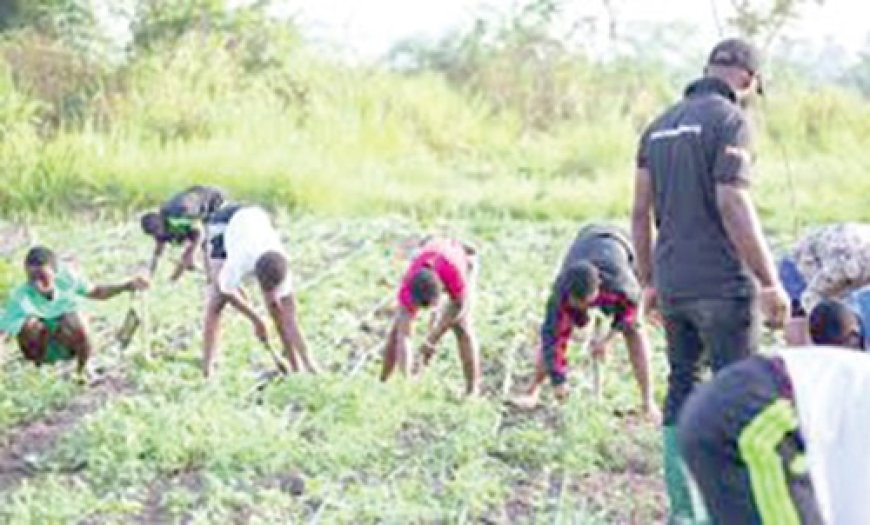Redefining Agricultural Education for Sustainable Development and Food Security
Explore the crucial need for overhauling agricultural education to address contemporary challenges, foster sustainable development, and ensure food security.

In the backdrop of escalating concerns surrounding food security and sustainable agricultural practices, the imperative for a robust agricultural education system has come to the forefront. While numerous intricate elements contribute to sustainable development and food security, the pivotal role of agricultural education in equipping stakeholders cannot be overstated.
A critical aspect facing the 21st century pertains to the requisite adaptations in agricultural education to bolster its efficacy in fostering improved food security, sustainable agricultural production, and rural development.
Challenges Ahead
The inadequacies in the training of agricultural extension staff emerge as a significant stumbling block, impeding the effectiveness of agricultural extensions. This inadequacy isn't confined to extension staff alone but permeates through agricultural professionals at large. Regrettably, agricultural human resource training often lacks precedence in the developmental agendas of nations.
As a consequence, curricula and educational programs fail to align with the exigencies of agricultural sectors, exacerbating the issue amid economic downturns experienced by several developing nations.
Previously, the public sector absorbed a majority of agriculture graduates, but shifting employment landscapes have rendered this obsolete, posing challenges in securing employment for these graduates.
Charting a New Course
Given the shifting employment paradigms, a fundamental overhaul in agricultural education is imperative. The curriculum needs realignment to cater to diverse learners, encompassing the unemployed, under-employed, and those seeking career advancements.
Collaboration with potential employers in curriculum development becomes paramount to ensure graduates' employability. Emphasis should pivot towards cultivating problem-solving skills and transferrable competencies, rather than focusing solely on swiftly outdated technical knowledge.
Adopting Interdisciplinary Approaches
A holistic comprehension of agricultural and rural systems must underpin the educational journey. Interdisciplinary education, emphasizing system-wide perspectives, is pivotal in addressing the multifaceted challenges of sustainable agricultural production.
Encouraging a shift from isolated subject-specific teachings to an interdisciplinary framework fosters a nuanced understanding of agricultural systems.
Recommendations for the Future
Revising curricula to align with evolving employment landscapes is crucial. Emphasis must be laid on inculcating problem-solving skills and transferrable competencies. Moreover, institutions need to transition towards interdisciplinary approaches, catering not only to immediate production needs but also addressing long-term food security and sustainable development imperatives.
The transformation of agricultural education institutions into dynamic agents of change necessitates innovative teaching methodologies, research endeavors, and extension services. Such an evolution demands a departure from traditional academic isolation towards proactive contributions to sustainable agricultural and rural development.
In conclusion, the exigencies of the 21st century mandate a paradigm shift in agricultural education. Innovative strategies, visionary leadership, and institutional reforms are imperative to navigate the complex terrain of agricultural and rural development successfully.
The Writer is the Registrar, the Chartered Institute of Agriculture, Ghana
Email: kashiagbor@yahoo.com
What's Your Reaction?






































































